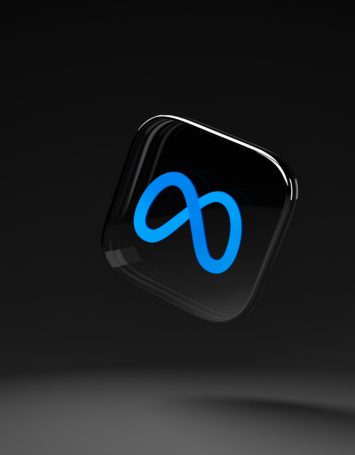Article by Cldye Shuman
The U.S. Court of Appeals for the Federal Circuit, on May 16, affirmed a district court grant of summary judgment in favor of defendant PepsiCo Inc., in a trade secret misappropriation case involving a process of adding aromas to beverage bottles in order to enhance the perceived taste of the beverage. In ScentSational Technologies v. PepsiCo Inc., case number 2018-2091, in a nonprecedential, per curiam decision, the Court also affirmed the district court’s decision to exclude most of the expert testimony submitted by plaintiff ScentSational.
ScentSational had sued PepsiCo, alleging trade secrets misappropriation and breach of contract, and seeking correction of inventorship on a patent issued to PepsiCo. ScentSational argued that PepsiCo misappropriated its trade secrets to the process for adding aromas to beverage bottles, in violation of non-disclosure agreements between the parties, so as to obtain patent rights to the technology. ScentSational was seeking an award of lost profits damages based on estimated profits it would have earned from the prospective commercialization of the technology in Coca-Cola’s products.
Below, the district court first struck much of ScentSational’s expert testimony as improper under Daubert v. Merrell Dow Pharmaceuticals, Inc., 509 U.S. 579 (1993), then granted summary judgment against ScentSational on the causation and damages, dismissing ScentSational’s misappropriation and breach claims. The court also granted summary judgment to PepsiCo on ScentSational’s correction of inventorship claim, finding the evidence of inventorship insufficient.
On appeal, the Federal Circuit agreed with the district court’s excluding ScentSational’s expert witnesses, finding that “[t]he district court…engaged in an exceptionally detailed analysis of each of [ScentSational ‘s] experts’ reports and each expert’s claimed field of expertise before finding that certain portions of the proffered evidence would be admitted and other portions would not.”
Below, the court found that one of ScentSational’s experts opined on a variety of topics, only a few of which fell within her area of expertise (microencapsulation in aroma packaging). The court excluded evidence on, e.g., the trade secret status of ScentSational’s technology, the company’s relationship with Pepsi and Coke, and the likelihood that a project between ScentSational and Coke would have succeeded, if not for Pepsi’s patent applications.
The court excluded the opinion of a second expert, finding them based on the inadmissible opinion of the first expert that ScentSational’s project with Coke was more likely than not to be commercialized. The court found that a third expert provided “no methodology, evidence, or analysis to support his opinions,” excluding them, as well.
Based in part on the lack of expert testimony, the court subsequently granted summary judgment in favor of PepsiCo. The court found that, absent expert testimony, ScentSational could not substantiate its lost profits claim that continued with the project and sent the resulting products to market, except for the PepsiCo patent application.
On appeal, the Federal Circuit agreed with the district court’s methods and conclusions, finding that the evidence of ScentSational’s recovery theory for its development project work was “thin.” The Court specifically found that the evidence “does not indicate that Coca-Cola had signed on to [ScentSational’s] proposal for Phase 2 or would have agreed to [ScentSational’s] proposed payment terms for that part of the project.” The Court also found no evidence that Coca-Cola agreed to either a statement of work or proposed fee, or what ScentSational’s costs would have been for the work on Phase 2, from which its potential profits could be calculated.
The Court said, “The [district] court held that [ScentSational’s] proffered evidence was insufficient to support its claim to lost profits based on the prospect that Coca-Cola would adopt its technology and commercialize products using that technology. We agree with the district court’s conclusion, for essentially the reasons given by the court.”
As for ScentSational’s correction of inventorship claim, the Federal Circuit held that ScentSational’s argument that its correction of inventorship claim was equivalent to its trade secret misappropriation claim, and that correction of inventorship could be awarded as an equitable remedy for trade secrets misappropriation, was not raised at the district court, and was waived on appeal.



